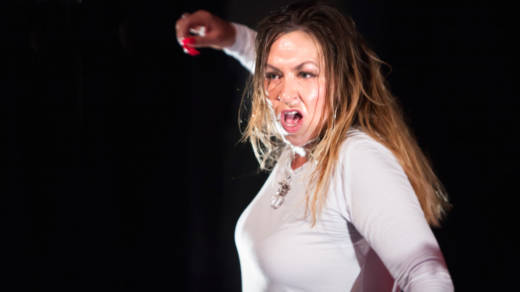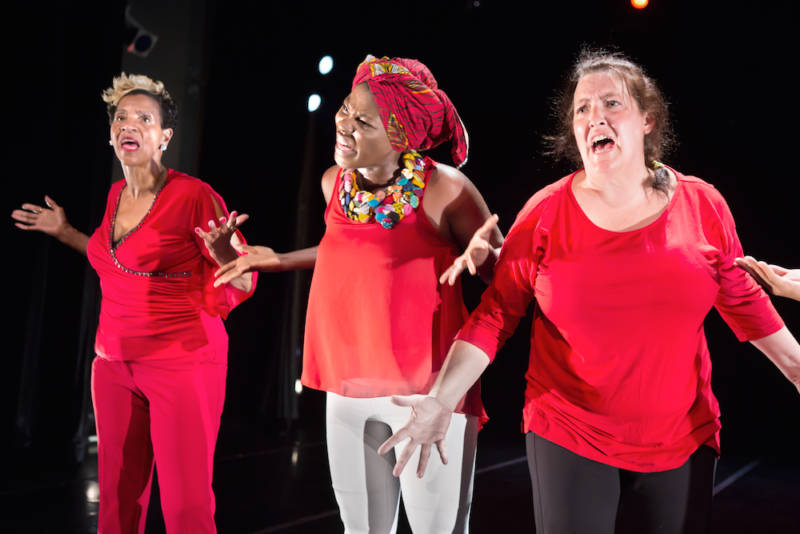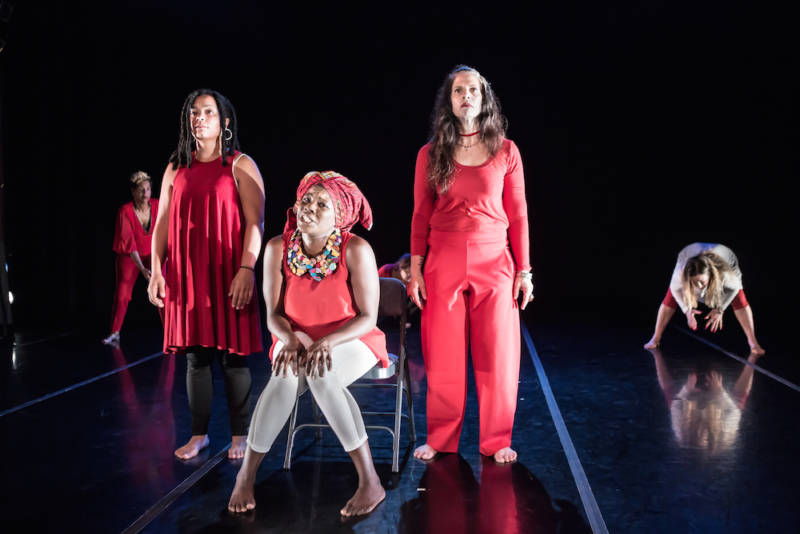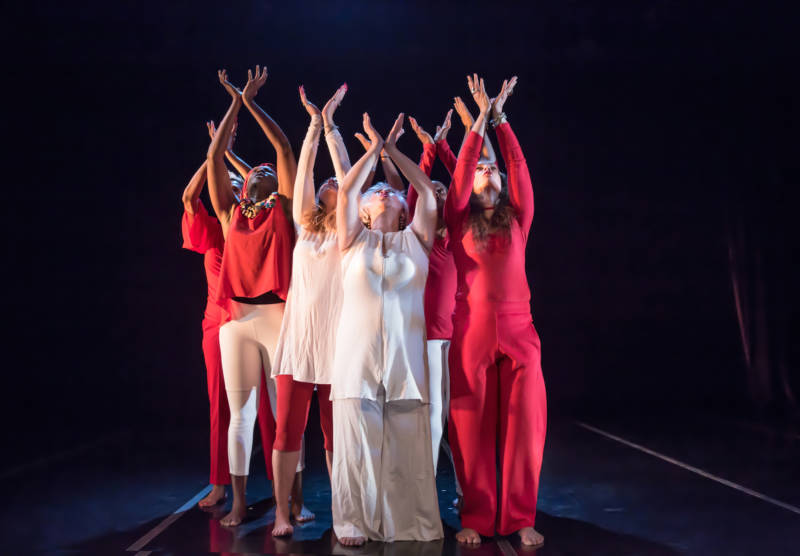Representation matters. As artists and patrons of the arts, we’re currently seeing great demand for the creation and consumption of work that addresses a plurality of voices and the many ways of being, of living. But when you attend a mainstream theater to see a production that is itself of the mainstream—even as it addresses critical issues and multiple points of view—can it really be said that you’re getting the most representative version of those stories? How do we create space for the voices of the people most impacted by those situations, and avoid watering down the narrative to suit the dominant aesthetic?
Since 1990, the Medea Project: Theater for Incarcerated Women/HIV Circle, led by Rhodessa Jones of Cultural Odyssey (currently in its 40th year), has performed works by, with, and inspired by women who are or have been incarcerated. Currently, they work in collaboration with women from UCSF’s Women’s HIV program. In creating space for ignored voices, the Medea Project doesn’t ask politely—they demand their rightful place at the table. With their latest show, When Did Your Hands Become a Weapon?, the multi-cultural, multi-generational ensemble addresses issues of violence against women in a series of frequently poetic vignettes, pulsing with vitality, vision, and veracity.
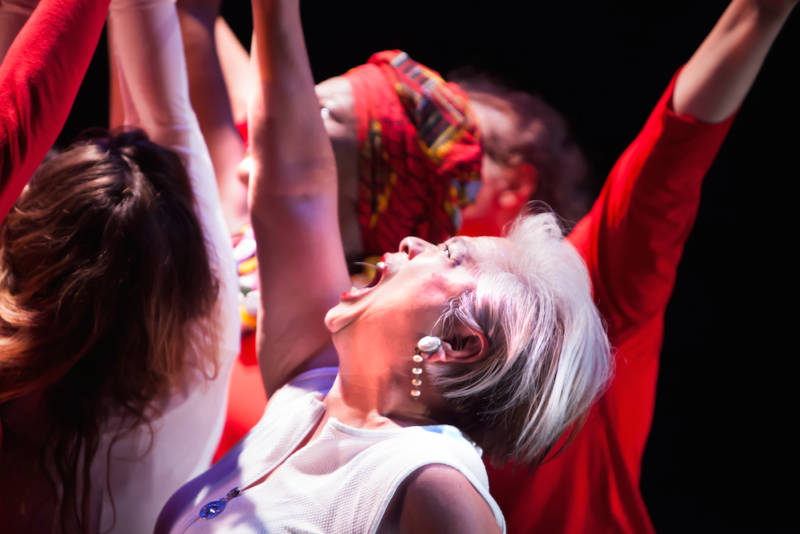
The mood is set before the show begins, with pre-curtain projections of injustices alongside revolutionary women over the centuries: the interior of the Brookes slave ship, Angela Davis, Tiananmen Square, Tarana Burke. The voice that opens the show is a recording of an incarcerated woman, credited only as “Jillian” in the program, who walks us through the horrors of her abuse.
“You’ll make it,” the voice promises. “Never give in.” From the back of the Brava Theater the women enter, dressed to move in flowing fabrics, wide trousers or leggings, and hair braided, bound or flowing freely. Together they inhabit the ode of the “Feral Woman,” led by Lisa Frias, one of the company choreographers, with fluid arms and uninhibited stances.
